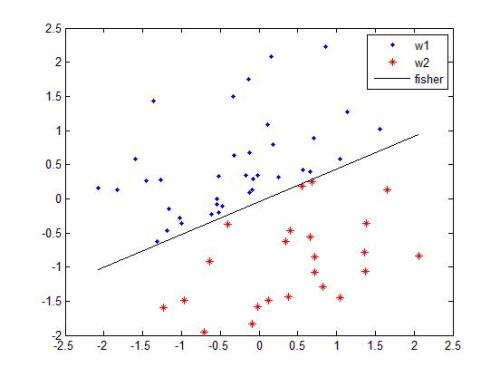Sender-receiver interactions, and specifically persuasion games, are widely researched in economic modeling and artificial intelligence. However, in the classic persuasion games setting, the messages sent from the expert to the decision-maker (DM) are abstract or well-structured signals rather than natural language messages. This paper addresses the use of natural language in persuasion games. For this purpose, we conduct an online repeated interaction experiment. At each trial of the interaction, an informed expert aims to sell an uninformed decision-maker a vacation in a hotel, by sending her a review that describes the hotel. While the expert is exposed to several scored reviews, the decision-maker observes only the single review sent by the expert, and her payoff in case she chooses to take the hotel is a random draw from the review score distribution available to the expert only. We also compare the behavioral patterns in this experiment to the equivalent patterns in similar experiments where the communication is based on the numerical values of the reviews rather than the reviews' text, and observe substantial differences which can be explained through an equilibrium analysis of the game. We consider a number of modeling approaches for our verbal communication setup, differing from each other in the model type (deep neural network vs. linear classifier), the type of features used by the model (textual, behavioral or both) and the source of the textual features (DNN-based vs. hand-crafted). Our results demonstrate that given a prefix of the interaction sequence, our models can predict the future decisions of the decision-maker, particularly when a sequential modeling approach and hand-crafted textual features are applied. Further analysis of the hand-crafted textual features allows us to make initial observations about the aspects of text that drive decision making in our setup
翻译:在典型的说服游戏中,专家向决策者(DM)发送的信息是抽象或结构完善的信号,而不是自然语言信息。本文涉及在说服游戏中使用自然语言的问题。为此,我们进行在线重复互动实验。在每次互动试验中,一位知情专家的目的是向一位不知情的决策者出售一家旅馆度假,向她发送一份描述酒店的审查报告。虽然专家受到一些评分审查,但决策者只观察专家向决策者(DM)发送的单项审评,如果她选择使用酒店,则其报酬是抽象或结构完善的信号,而不是天然语言信息。我们还将这一实验中的行为模式与类似实验中的类似模式作比较,因为通信所依据的是审查的数值,而不是审查的文本,并且通过对游戏进行平衡分析,观察到实质性的差异。我们考虑了一些用于口头交流的模型应用方法,特别是初步观察,如果她选择使用酒店时,她的报酬是随机的评分,而只来自仅提供给专家的评分分布。我们还比较了我们实验中的行为模式模式模式模式模式,可以进一步显示我们之前的文本。




